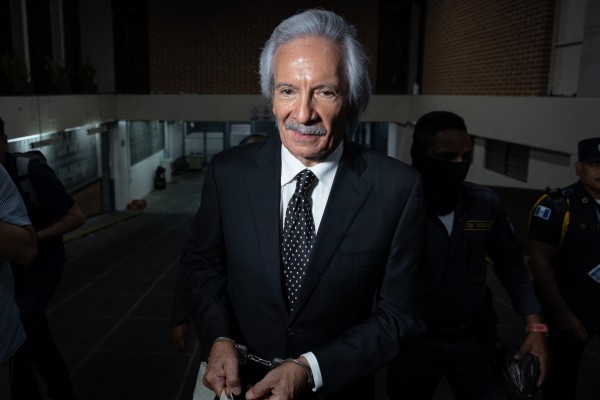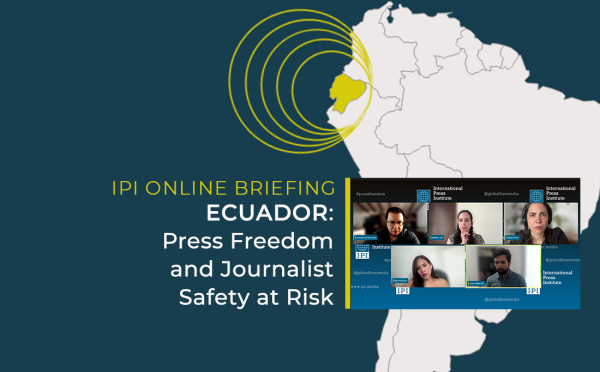The body of a Mexican journalist who disappeared Sunday from the Gulf coast state of Veracruz was found dead yesterday.
Yolanda Ordaz de la Cruz, a police beat reporter for daily newspaper Notiver, was found with her throat slit behind the headquarters of another newspaper, Imagen.
According to the International Press Institute (IPI)’s Death Watch, Ordaz is the seventh media worker to be killed in Mexico this year and the second Notiver journalist murdered in just over a month. Notiver’s editorial director, Miguel Angel Lopez Velasco, was shot to death along with his wife and 21-year-old son by gunmen who broke into their home on 20 June.
Authorities said Ordaz’s body was found near a sign that read “Friends also betray. Sincerely, Carranza”. The journalist was reportedly investigating Lopez’s murder, and Mexican newsmagazine Proceso reported that her colleagues said she had received anonymous threats.
Veracruz state Attorney General Reynaldo Escobar Pérez said that an investigation would be conducted to its logical conclusion. However, he categorically denied that the murder was related to Ordaz’s work, focusing on what he said were possible links between Ordaz and organized crime.
IPI Director Alison Bethel McKenzie condemned the killing and called on investigators to adequately investigate all theories of the crime.
“We are appalled at the spiralling violence against journalists in Mexico,” she said. “The situation appears to be out of control, and the killers of journalists are operating with impunity. The Mexican authorities must step up efforts to bring the killers of journalists to justice.”
The Associated Press reported that Veracruz state investigators have identified former traffic police officer Juan Carlos Carranza Saavedra as the main suspect in Lopez’s killing and have offered a $25,000 reward for his capture.
Escobar reportedly said last month that Carranza had personal problems with Lopez, and that the former officer was suspected of involvement in a number of burglaries in Veracruz. However, Escobar did not link Carranza to organized crime and declined to give further details.
Ordaz’s murder makes Mexico the second most dangerous country in the world for journalists this year. Only Iraq, with eight, has seen more journalists’ deaths in 2011.
Mexico has seen a wave of violence in recent years as the government battles organized crime and narco-traffickers for control of the country. Ordaz’s death keeps Mexico on pace to possibly match the 12 journalists’ deaths it saw in 2010, and 11 deaths in 2009.


